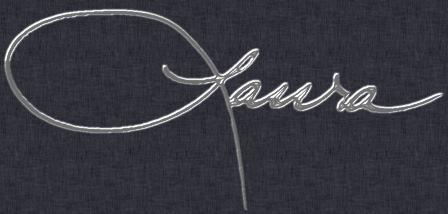Copyright Defined
COPYRIGHT - A legal device giving the right to control (to the
original creator or copyright holder) how their original work is used. Copyright
protection begins automatically upon the fixing of an original work or creation to a
tangible medium (per the Copyright Act of 1976 effective in 1978). The Copyright Act
of 1976 guarantees common-law protection to the creator of the intellectual material.
This protection is in effect until 70 years after the death of the original
creator, not 70 years after the actual creation.
There are three fundamental criteria for copyright:
• Fixation to a tangible medium
• Originality
• Minimal creativity
Registering your original work with the Office of Copyright is not required for
intellectual property to be protected by copyright; however, in the event that
infringement should lead to litigation, the legal registration of the original work will
benefit the creator. As of this publication (March, 2004) the cost of registration
with the U.S. Copyright office is $30.00.
Names, titles, slogans and short phrases are not protected by copyright law but may be
protected under trademark, tradename or slogan mark laws.
Purchase of an original or copy of intellectual property does NOT constitue the right
to produce, alter, distribute the purchased work unless specifically stated in writing at
the time of the purchase. Additional rights can be construed with the purchase of a
license. Example: You cannot purchase a CD of photographs intended for your use only
and redistribute those photographs to anyone else. They must purchase their own CD.
You can contact the producer of the CD to purchase an additional license to use for
a specific application for an additional fee. These licenses are legally binding
written agreements between the creator of the item and the purchaser of the contract.
For more information, please visit: Copyright Central Basics page
U.S. Copyright Office
R.I.G.H.T.S

